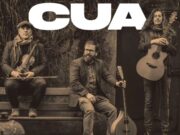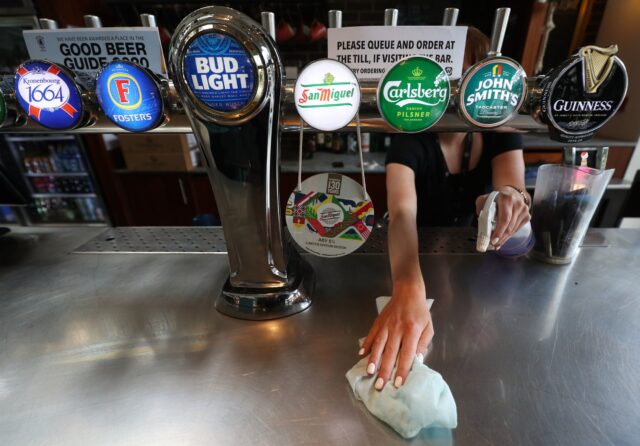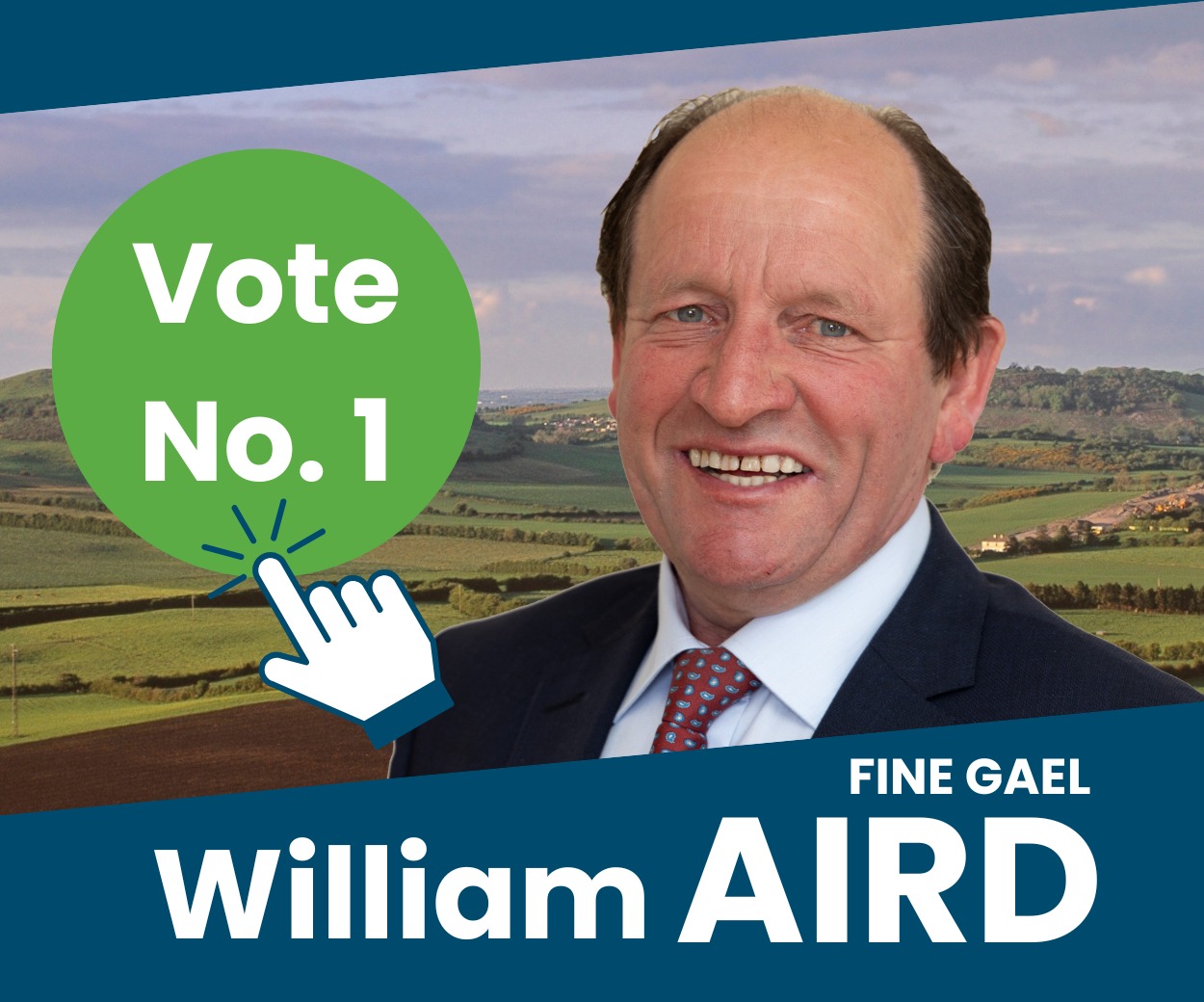Alcoholism wrecks everything. It rips families apart, devastates health, ruins bank balances and ultimately, if not overcome, kills.
Problems with the demon drink are as old as alcohol itself. So, most probably, are methods for beating them.
In days gone by, punishments for inebriation were draconian. Drunks in medieval times were put in the stocks to be ridiculed by passers-by.
Even as recently as the 1700s, someone who had overdrunk could expect to be thrown into a lock up for the night.
Many people might not know of the connection between this fact and Premier League football. Have a look at the logos of the teams. One of them has such a keep as its centrepiece.
The building still stands a short five minute drive from the club’s home ground.
Fortunately, we have moved on from those times. Whilst being drunk and disorderly is liable to land you a night in a cell, it’s likely to be a lot more comfortable, and less humiliating, than the locations described above.
Moreover, alcoholism is now seen more and more as an illness rather than a personal failing. Many, maybe most, people who struggle with booze actually wish they didn’t but don’t know how to stop. The medical world is becoming increasingly attuned to this fact.
There is, however, a lack of awareness of a treatment for alcoholism which is very much available in Ireland.
This is also coupled with a lack of belief in it, perhaps unsurprisingly given it sounds absolutely counterintuitive, the idea being akin to fighting fire with fire.
However, there is very solid research which demonstrates very high success rates.
Known as The Sinclair Method, it involves taking a tablet, nalmefene (in some other countries, including America where popularity is growing more quickly, naltrexone is used) a couple of hours before drinking.
You read that right… before drinking.
Nalmefene, or naltrexone, works by blocking the reward paths in your brain. This means the rush a problem drinker gets from consuming alcohol doesn’t hit them.
Without this, the urge to drink more decreases because there is no longer any positive reinforcement. Put bluntly, drinking beer, wine or spirits becomes akin to drinking water, a mineral or juice.
It quenches thirst but you’re no longer driven to consume more to get the same euphoria. Over time, the mind learns to break the association between alcohol and getting buzzed.
Like all other treatments, a medical practitioner, rather than a newspaper article, is the place to go for good advice on what might suit an individual.
Every problem drinker’s situation is different and what might work for one, may not work for another. Alcoholics Anonymous, medications like campral, counselling, SMART Recovery and rehab centres are all viable alternatives.
No treatment is a miracle cure and all need expert support and guidance from properly qualified experts.
Above all, if you’re struggling, talk to a medic and get the help that you deserve!
SEE ALSO – Andrew McDonald: Not drinking in the 2020s


























